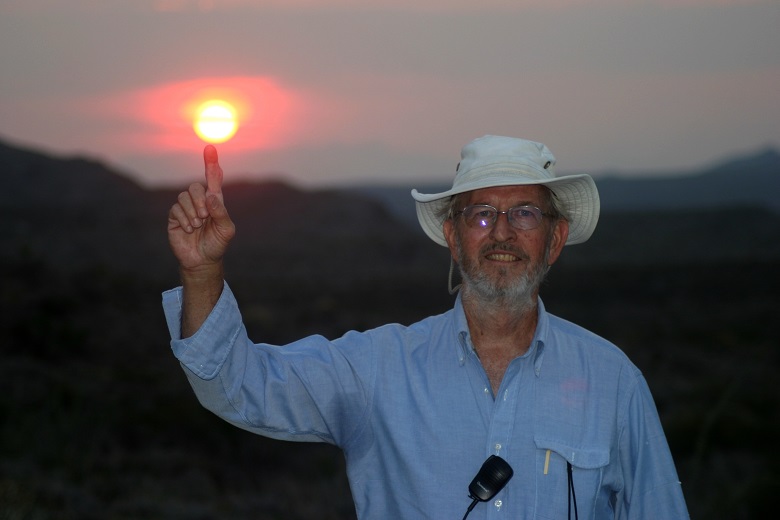Husi Tenahpu, Emeritus Member, Lead Researcher
For him I sing,
I raise the present on the past,
(As some perennial tree out of its roots, the present on the past,)
With time and space I him dilate and fuse the immortal laws,
To make himself by them the law unto himself.
Walt Whitman, Leaves of Grass, “For Him I Sing”
CCI announces that Dr. Martin Terry has resigned his formal Board position. He will continue to maintain a close relationship with CCI through ongoing contributions as Lead Researcher, giving him more time to do what he loves most while continuing to advise CCI.
It is difficult to overstate the importance of Dr. Terry’s research in the preservation of peyote in its natural Texas habitat. His research on best practices in peyote harvesting – to maximize the ability of sustained harvesting for future generations –have been recognized within the scientific community as well as indigenous populations that rely upon it. He continues through long-standing relationships with landowners to analyze the impact of harvesting and repeated re-harvesting, but his research has broader reach back to the origins of peyote and its contributions to the region’s culture.
Martin’s love of the Tamaulipan thornscrub stems from a deep knowledge of its history and culture. Martin has helped CCI formulate its vision as one of supporting the wild peyote ecosystem while also supporting those whose livelihood and spiritual practices rely upon the land and its bounty. His research on the impact of current regulatory structures has enabled others to gain broader understanding of the significance of poaching and other environmental stresses on the habitat of wild Lophophora, Astrophytum, and other endangered species. He has studied the impact of harvesting on plant potency, sought genetic origins for peyote, and contributed to the understanding of peyote and other cacti in too many ways to note here. Now a strong advocate of cultivation as the best means to preserve peyote for future generations, his work is evolving to one of re-introduction of cultivated plants to shore up wild populations. As a frequent collaborator with other researchers, he has set the standard for monitoring of wild peyote populations for future generations.
We look forward to walking the path with him.

